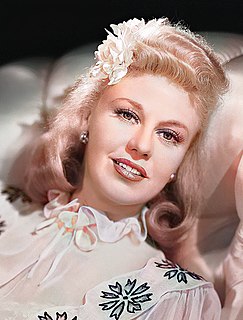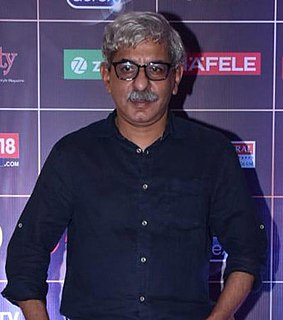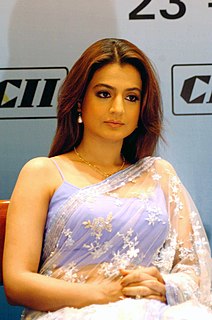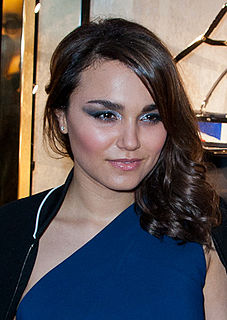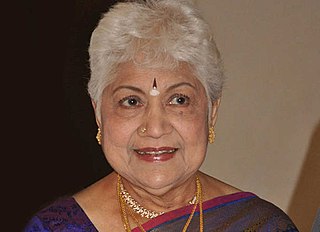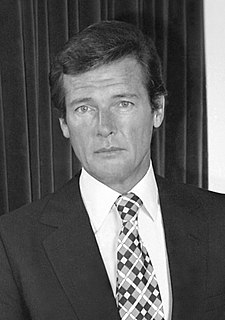A Quote by Ginger Rogers
'Flying Down to Rio' established RKO as a leader in musical film production throughout the 1930s. The film helped to rescue the studio from its financial straits and it gave a real boost to my movie career.
Related Quotes
'Beyond the Lights' took incredible fight to get made. Four years of writing and two years of overcoming 'no.' Every studio balked. Twice. But I kept fighting. What gave me the courage was 'Love & Basketball.' Every studio turned down that film, too. But I never gave up because I believed in it with my whole heart and soul.
I would make a huge distinction between theater improvisation and film improvisation. There isn't much improvisation in film - there's virtually none. The people that theoretically could be good at this in a theater situation don't necessarily do this in a film in a way that will work, because it's much broader on a stage. But in a movie, it has to be real, and the characters have to look entirely real because it's being done as a faux documentary, so there are even fewer actors that can do that on film.
To me, a revolutionary film is not a film about a revolution. It has a lot more to do with the art form. It's a film that is revolting against the old established language of cinema that had been brainwashing the people for decades. It is a film that is trying to find ways to use sound and image differently.
When I was younger, I definitely thought musical theater was sort of more pure than film. I used to say I'd never go to film because we had to get it right the first time in musical theater. But then, of course, I started doing film and realized I loved it. Keep in mind that I was 8 years old when I said that.
